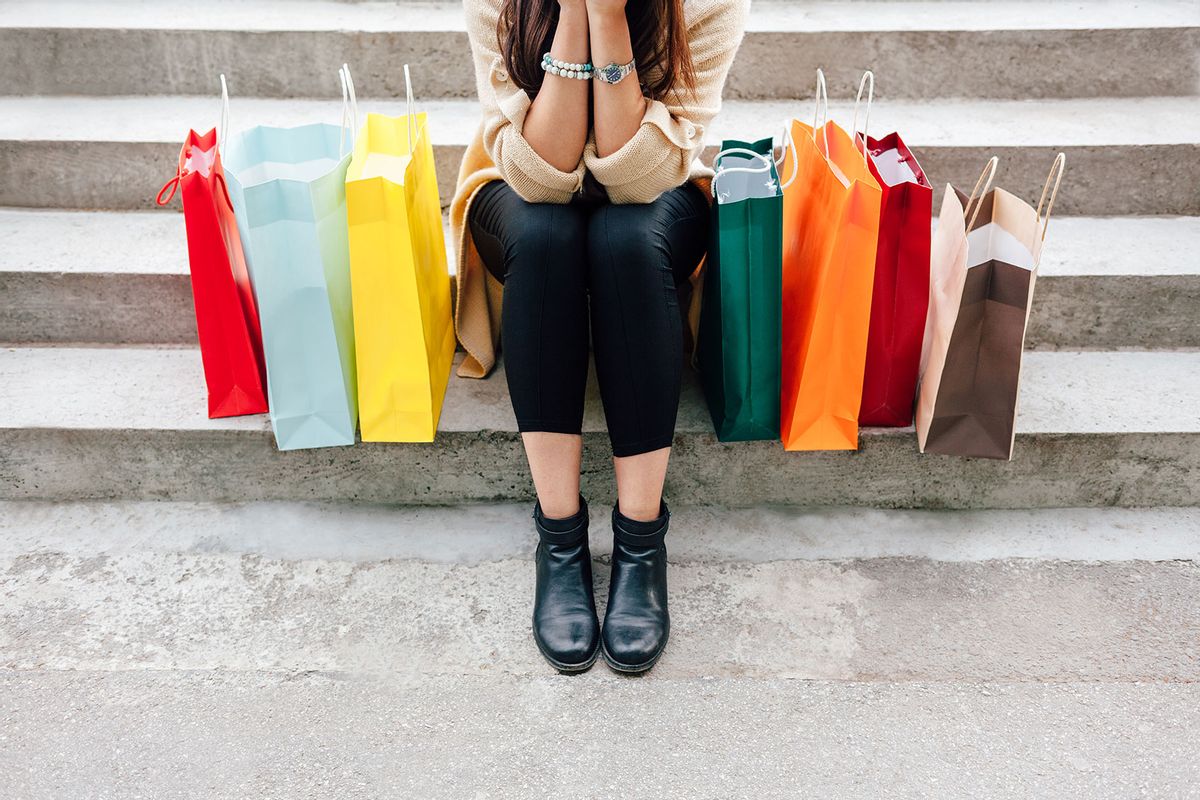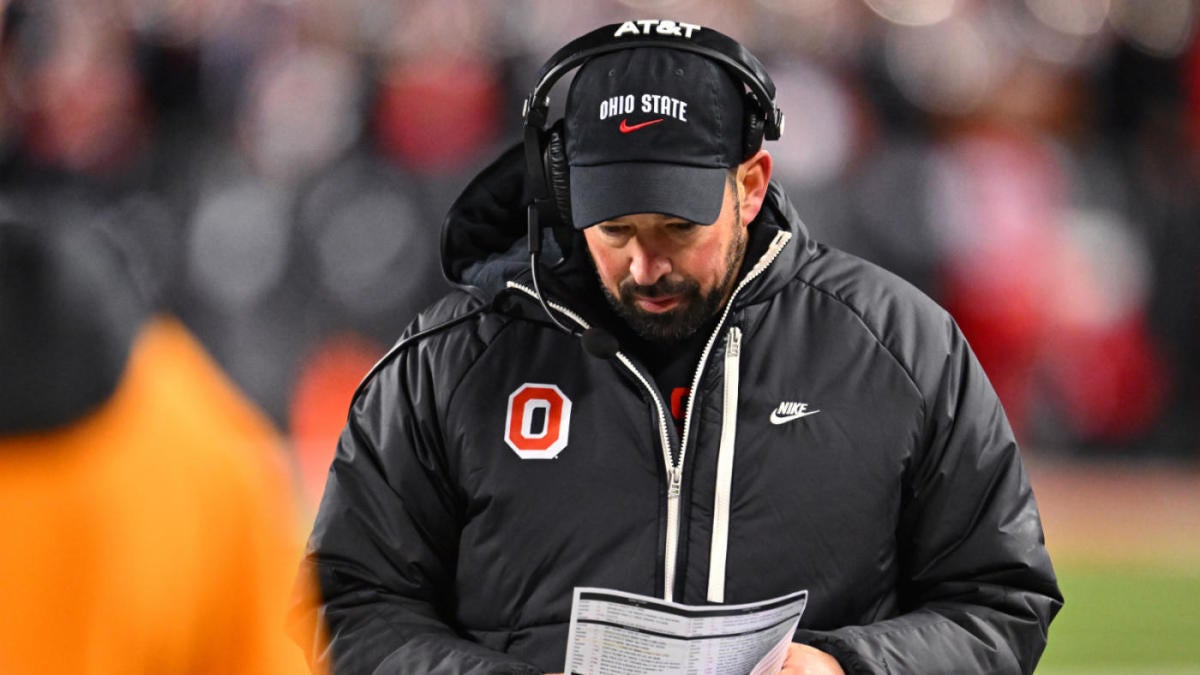Shopping
Are you shopping out of loneliness?

The first Christmas after my divorce, I handed my toddler daughter to her father without complaint. I wanted her to continue a tradition of fun-filled holidays with grandparents and cousins, which I couldn’t provide because my family lived nowhere nearby.
I had been so focused on keeping her connected that I forgot about myself and ended up completely alone with nothing to do. Everywhere I’d normally go was closed except for a chain drug store, where I purchased a pint of coffee Häagen-Dazs and a bag of stale chocolate chips. It turns out this DIY combo is an unenjoyable substitute for actual coffee-chip ice cream. I washed it down with a couple slugs of bourbon, cried on the couch and fell asleep. The only word I can muster for this feeling: lonely.
I don’t consider myself a normally lonely person, but in the glare of the holidays, my pain turned me inside out. I wasn’t alone in my loneliness, though — just last year, the surgeon general declared loneliness an epidemic, and experts say it’s only getting worse as we retreat from public spaces and offices.
Dr. Jeremy Nobel, MD, MPH, author of “Project UnLonely: Healing Our Crisis of Disconnection” and founder of a nonprofit dedicated to connection, said the combination of climate change, geopolitical unrest and an election year are all factors in the feelings of isolation. Add in the dark, cold days of winter and the crushing pressure of happiness theater, and well, it all feels like falling into the abyss.
“People have this sense of anxiety and uncertainty about their social engagements, and tend to back away from others, and that’s what starts a spiral. Then they start dealing with the distress of that spiral in certain ways, and impulsive shopping is one of those,” Nobel said. When you’re in a weakened state, it’s more difficult to ignore the signals the media and retail is sending, sung to the tune of ‘buy this and you’ll have a perfect holiday.'”
The holidays can intensify loneliness because of the focus on happy families and joy (so much joy!), triggering a sense of inadequacy for those unable to post an Instagram photo of their brood in matching pajamas in front of a new Jeep (with a big red bow on the grille!).
Cat Moore is a loneliness and founder of the Belonging Studio, which helps to foster cultures of connection. While shopping is an illusion of having control of what you’re bringing into your life, Moore said, “you can’t actually buy joy. You can’t actually buy peace . . . We are operating in this giant holiday economy matrix that is constantly selling us the lies that we can buy those things.”
What happens when we’re lonely
Jing Wang is a pioneering researcher on the loneliness-shopping correlation at the University of Iowa. She writes that those who are deprived of essential relationships become depleted if they focus too much on what they don’t have in their lives. “This depletion then makes them more susceptible to impulsive behavior.”
While nearly everyone on the planet experiences loneliness from time to time, the risk for heart attacks, stroke and death from chronic loneliness is on par with smoking.
Moore added: “When people are super lonely and disconnected from friends and family, we can start to experience something called ‘skin hunger,’ which can really negatively affect our mood, our energy, all the things.”
And when our bodies and brains become dysregulated, that’s when coping behaviors such as impulse or mindless shopping kick in to provide a boost of dopamine.
“The real challenge from a public health perspective is, how do you recognize when your little twinge of loneliness, which everyone has from time to time, starts to spiral out of control?” Nobel said.
Loneliness shopping can manifest online or in stores. Sometimes being out among people can be helpful, but it can also make some feel more isolated when they see others connecting with friends and family. (An Amsterdam grocery has a fix for this: green baskets signaling the holder is open to conversation.) Going into debt and the remorse of buying unnecessary things adds to the shame spiral.
Shifting toward connection
“Impulsivity is the boundary between intention and action,” Nobel said.
Both Moore and Nobel suggest substituting behaviors when you feel the urge to shop out of boredom and loneliness. It starts with mindfulness. Getting into nature and engaging with your environment is one of the best antidotes.
“Sit down and ask yourself, ‘What do I actually want to focus on this holiday?'”
“It’s really important for people to notice when that urge comes up, because if we’re not noticing that, then we don’t have any control about what choices we make,” Moore said, adding that it’s important to have a plan B at the ready, which she calls “surfing the urge.” It could be as simple as texting a friend, journaling, moving your body, stepping into the sun, stretching, getting a cup of tea or taking the dog for a walk.
She adds that being around animals is “a huge loneliness hack that’s really deep.”
Moore suggests: “If it’s holiday specific, I would say to give yourself an opportunity to sit down and ask yourself, ‘What do I actually want to focus on this holiday?” It’s a way to stop the cycle and feel gratitude for what you do have — even if that doesn’t seem like much.
And if you must shop, try to focus on gifts for others or experiences. “We know that gifting, whether it’s to an individual or philanthropy, giving to society, actually does make people feel more connected and part of a bigger human story,” Moore said.
She recalls a lonely Thanksgiving when her son was with his father. Instead of hunting for Black Friday sales, she made turkey sandwiches and headed down to the L.A. River, betting that there were people there who also had nothing going on. She was right.
“It was the best Thanksgiving I’ve ever had,” she said.
Read more
about personal finance










